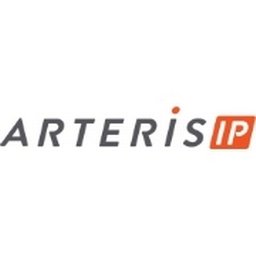Job Opportunities in Poland

October 5, 2024
Arteris
Kraków
HW Performance Modeling Engineer
HW Performance Modeling Engineer
Arteris enables engineering and design teams at the world’s most transformative brands to connect and integrate today’s system-on-chips (So Cs) that fuel modern innovation.
If you’ve held a smartphone, driven an electronic car, or powered up a smart TV, you’ve come in contact with what we do at Arteris. Here, the future is quite literally in your hands—and when it isn’t, chances are it is flying overhead in a drone, a satellite, or in the cloud at a datacenter!
Do you want to contribute to the backbone of some of the world’s most popular So Cs?
As a Performance Modeling Engineer at Arteris, you will work with an expert team to design and deliver interconnect & memory hierarchy solutions for some of the world's most sophisticated mobile, telecom, automotive, and consumer So C products. You will model complex configurable designs and produce performance analyses that drive architectural decisions. You will provide customers with performance analysis and estimation solutions. You will go home at the end of the day amazed at all the places where your creations end up. You will have the opportunity to be part of a proven, successful startup, and to influence development environment, architecture, verification, and everything in-between – you will no longer be stuck in a silo or just a cog in the machine. Your co-workers will be an experienced team of industry experts that love what they do.
Required:
Required:
- You are the kind of person that brings your intelligence, motivation, and sense of humor to the office.
- 7+ years of experience in developing software performance models in one or more of the following: CPUs, GPUs, networking on chip, or equivalent.
- 7+ experience in driving architecture and microarchitecture improvements using performance model analyses.
- 7+ years’ experience in System C, C++, and/or TLM2.0.
- Strong problem solving, debugging, and brainstorming skills.
Desired:
- Familiarity with ARM processors and on-chip interfaces such as OCP & AXI.
- Strong knowledge of cache coherency protocols.
- Experience with code generators to create configurable hardware descriptions.
- Experience with scripting languages such as TCL/Perl/Python etc.
We regret to inform you that this job opportunity is no longer available
Latest Job Opportunities

Similar Jobs





September 15, 2024
EY
Senior Performance and Test Automation Engineer with German
Wrocław
View DetailsNew Jobs from This Company
